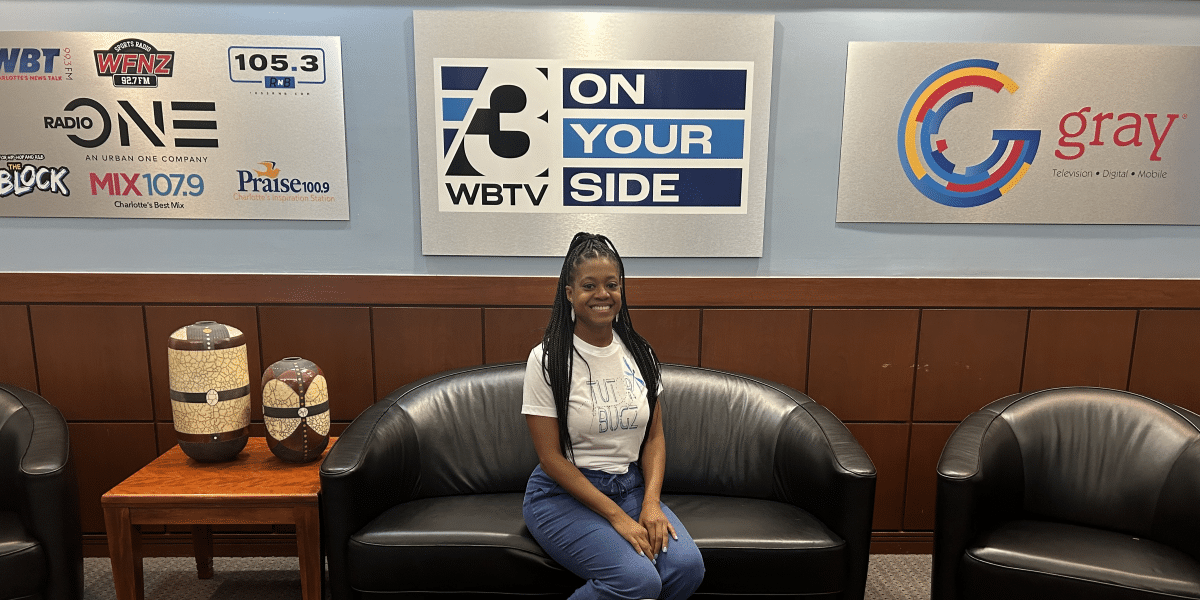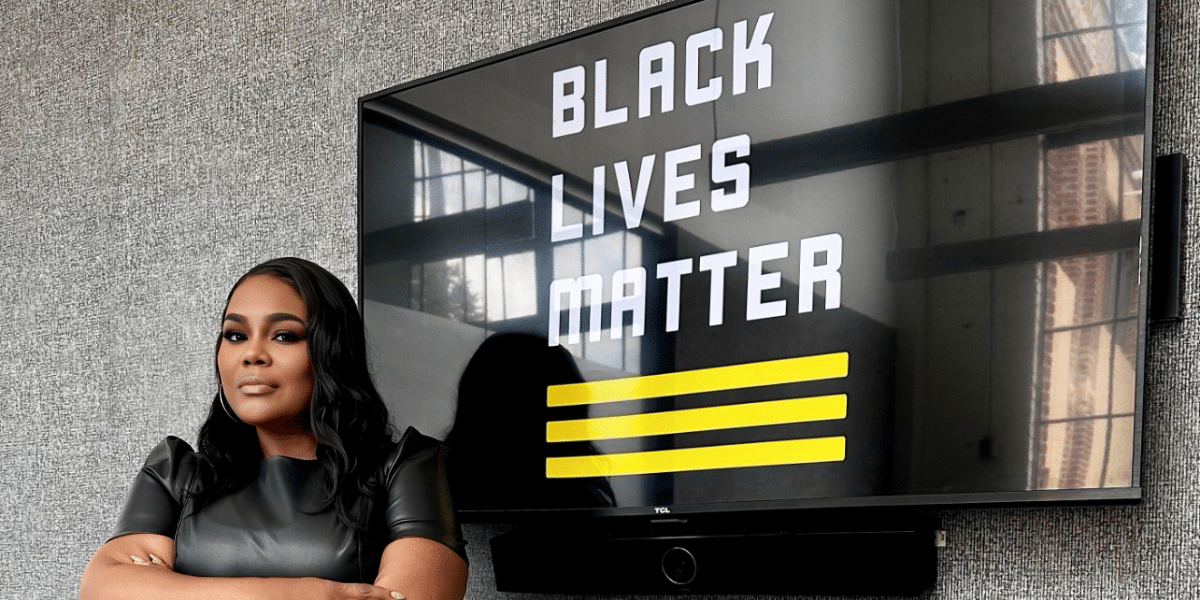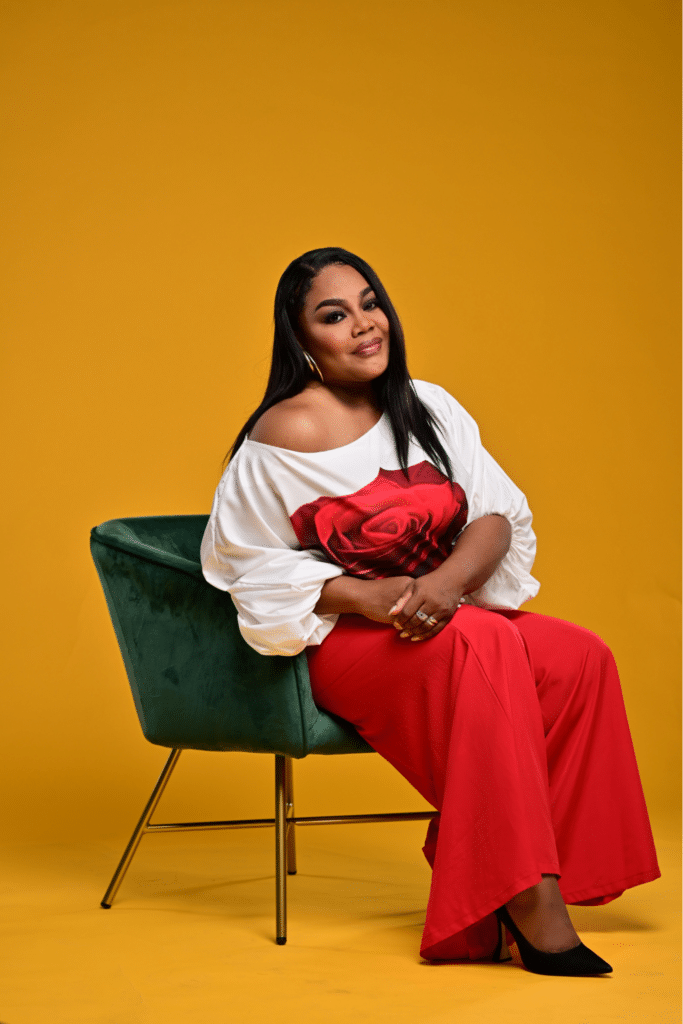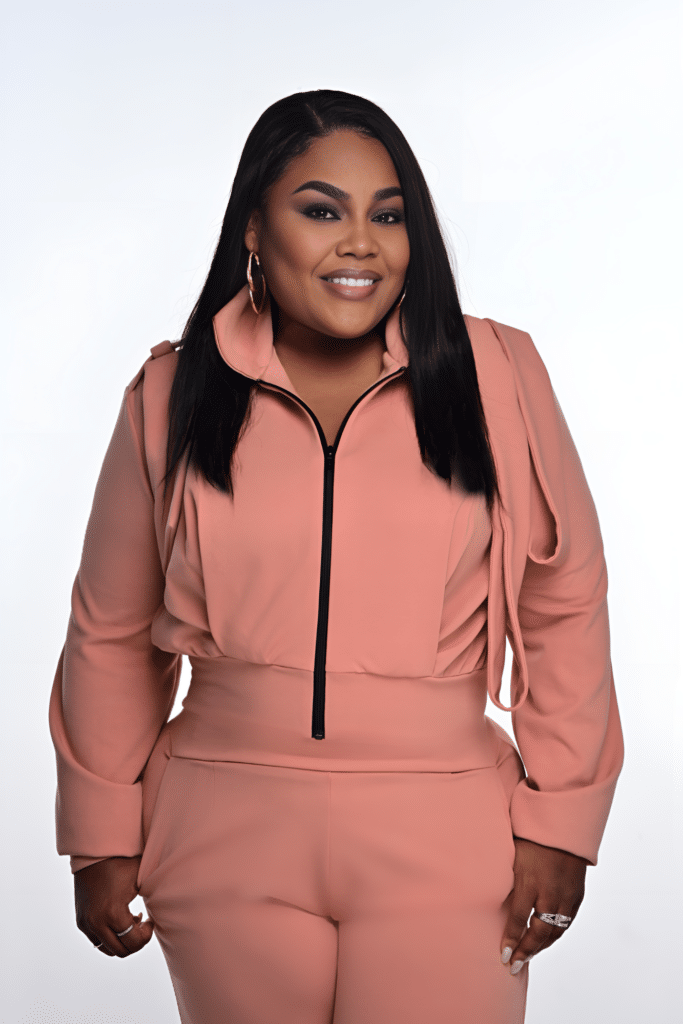Nothing About Us Without Us
By: Rachel Zemach
July is National Disability Month. 27% of the population is disabled, making us the largest minority. And we are warriors, but we have a long way to go. I just saw a post on LinkedIn where a vibrant young Deaf woman describes being dumbfounded when she was told that at her hotel, there were no captions on TV except in the “handicapped” rooms. I like that she was shocked; it’s great that people expect better.
I became Deaf at age ten in 1970 and, as a teenager, lived in Berkeley, California, near the Center for Independent Living (CIL). This put me right at the hub, both time-wise and geographically, of the Disability movement in the US, inspired in part by the civil rights movements of the 1960s.
In 1977, a series of failed attempts at passing laws to make jobs, education and public spaces more equitable and accessible finally erupted in a burst of nationwide activism, the striking of which took place in San Francisco. There is stunning footage of this event in the powerful film Crip Camp. Judy Heumann, who had polio, led 100 people with varying disabilities in a month-long sit-in as part of a national protest. The protesters demanded that the federal government honor their civil rights. As shown on TV, this created pressure and resulted in the signing 504.
Crip Camp is extraordinary and shows the transformative summer camp (Camp Jened) —where many of the activists at that sit-in and at CIL, which I visited so often in my teens —were “revolutionized.” It shows the “capitol crawl,” where people abandoned their wheelchairs to crawl up the capitol steps to make a point about the lack of access to the building.
In 1988, the Deaf university, Gallaudet, hit the news on TV and radio with a landmark event that has become an irrevocable part of Deaf history. The Deaf President Now (DPN) movement occurred when Gallaudet ignored two deaf candidates bidding for a position to run the school in favor of a hearing woman who barely signed. When the nominated woman said she didn’t feel Deaf people were ready to lead the school, the campus flew into a week of rage and organized protest, joined by Deaf people flying in from all over the country. They insisted a Deaf president be chosen instead and succeeded. Now, a hearing president there would be unthinkable.
As a teenager, my awareness of these movements was informal; CIL buzzed with rebellious, raucous energy as people of all disabilities navigated housing, jobs etc., with humor and innovativeness. I attended a hearing high school where the Deaf students spent the day chatting. Alarmed at the lack of education there, I asked my counselor to let me attend hearing classes with an interpreter. My request was declined. Two years later, at another large high school, I got advice from my friends at CIL and tried again. Again, the interpreter’s request was declined. But this time, I knew about 504 and stood my ground, which resulted in me getting an interpreter for one class. I aced that class, while doing dismally in all the others. I skipped graduation, not feeling truly part of the school community due to poor access.
The principle of educating students in the “Least Restrictive Environment,” aiming to include them alongside their non-disabled peers, has led to a significant increase in mainstreaming Deaf students. However, this approach often proves challenging and can be harmful. For Deaf students, the primary barrier is communication, which is more difficult in a regular classroom compared to a Deaf, signing class. We advocate for reframing the concept from the Least Restrictive Environment to a Language Rich Environment.
In 2003, I became a teacher of the deaf in a local public school. Sign language was absolutely vital to my students; a spring board for everything else. The contrast— between what I saw there, and in my internships— and the ADA laws, was astonishing. So much so that I wrote a book about it. The ADA law states effective and equitable communication must be provided for Deaf students. But in addition to constant struggles to acquire a solid first language in those mainstream schools, Deaf students often didn’t have access to instruction, to fire alarms, field trips, assemblies, after school programs or their own graduation.
Disabled people confront ableism everywhere. The barriers we face are attitudinal, societal. Yet to the administrators and staff enforcing them, the decisions seem benevolent. Without seeking the input of (Deaf) professionals who have actual lived experience in common with the students, however, the decisions can be outlandish. Like when an interpreter was instructed to sit out of sight of the Deaf students. Or an administrator who “weaned” Deaf students off their interpreters. Or my simple request for accommodations to understand the intercom; the law was on my side but it became a protracted legal battle.
Many in the Deaf community reject the word “disability,” for us, as that reflects a medical model lens. We view ourselves, instead, through a linguistic, cultural minority lens. When I taught at a Deaf school, one day we staff did an activity. We were asked to identify if we were disabled or not, and if so, take a step backwards. Backwards I went, until a colleague said “get over here! We’re not disabled!” So I gleefully joined all the other Deaf teachers, and stepped forward.
For women, societal issues like domestic violence, lack of access to good medical care and poverty are exacerbated by disability. The pandemic saw able-bodied people getting respirators instead of their disabled peers, their lives deemed more worthy of saving. But now more Deaf women are getting advanced degrees, and women are increasingly filling leadership roles. In one list of five Finest Disability leaders at present, all five are women. Gallaudet University is run by a Deaf woman and so are the two big state run schools for the Deaf in California.
While the ADA laws have significantly improved accessibility, the struggle for equal access persists in many areas. This ongoing fight can be exhausting and highlights the continuing challenges faced by the large global population of disabled individuals. But you can be the exception to the rule! Educate yourselves, provide access, be our allies and fight with us for equitable salaries and health care. But as organizer Kitty Cone said of the 1977 sit-in. “In the face of government ignorance and inhumanity and deceit and closed doors, we’ve persisted. And along with our beautiful supporters, we won the victory!” Like the supporters, you too can break the mold and be on the right side of humanity. Educate yourselves, provide access, be our allies and fight with us for equitable salaries and health care.
More than likely you, too, will someday join our ranks. Help pave the way now, and demand a decent quality of life. If you’re lucky, you’ll meet fierce, wonderful, disabled and Deaf people, like I have— who, like me, consider their “disability” to be a source of audacity, beauty, community and strength.
Zemach taught for ten years at a public school before accepting a position at a Deaf school. She lives in North California, with her husband who doesn’t sign very well, which is probably why he calls her his hamburger in ASL. She wrote a memoir about teaching: The Butterfly Cage, out of a sense of urgency on this subject after three shocking pivotal events.
RachelZemach.com
Amazon | Facebook | LinkedIn | Instagram | TikTok | Goodread | Articles
Published by: Khy Talara





